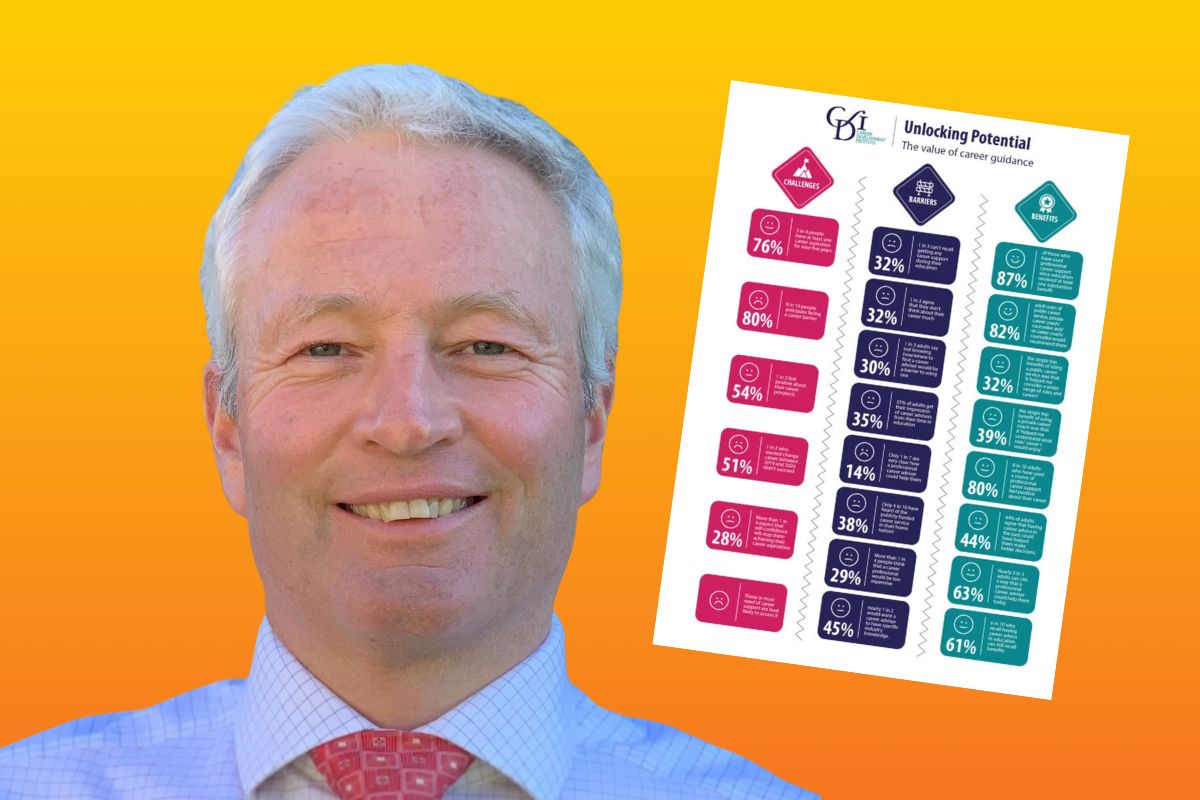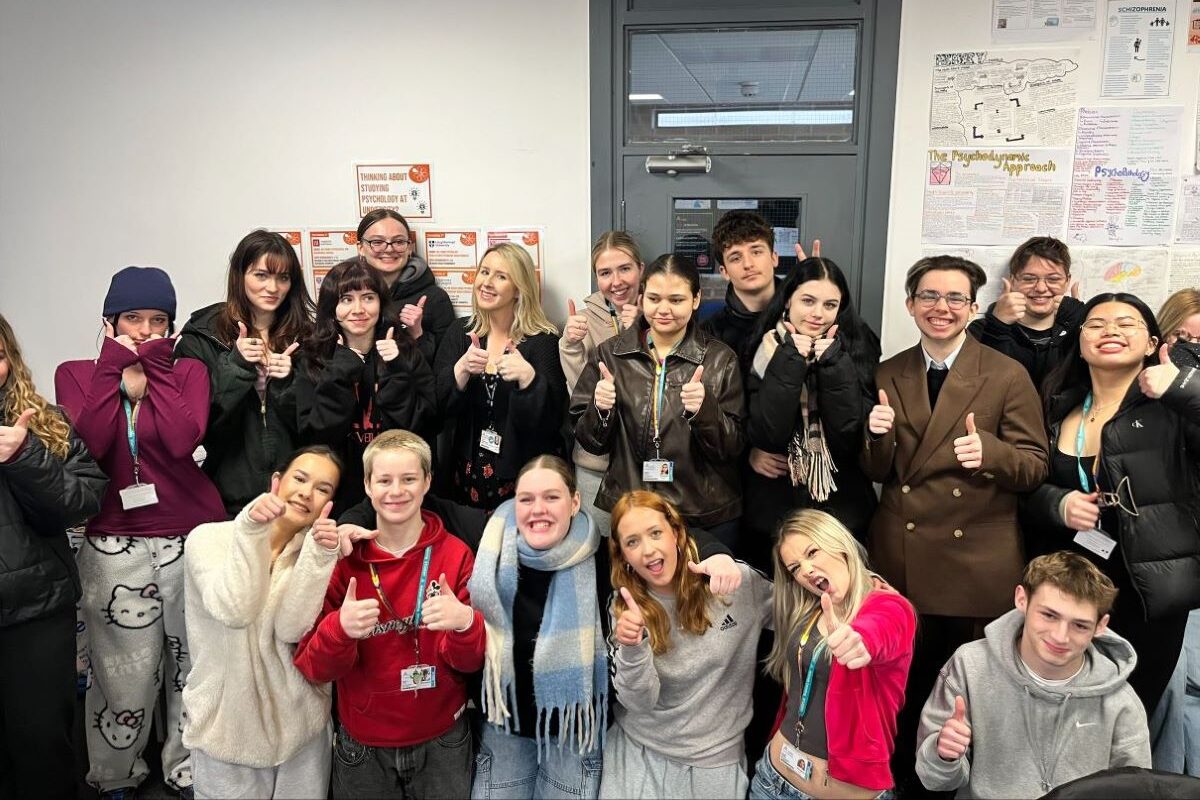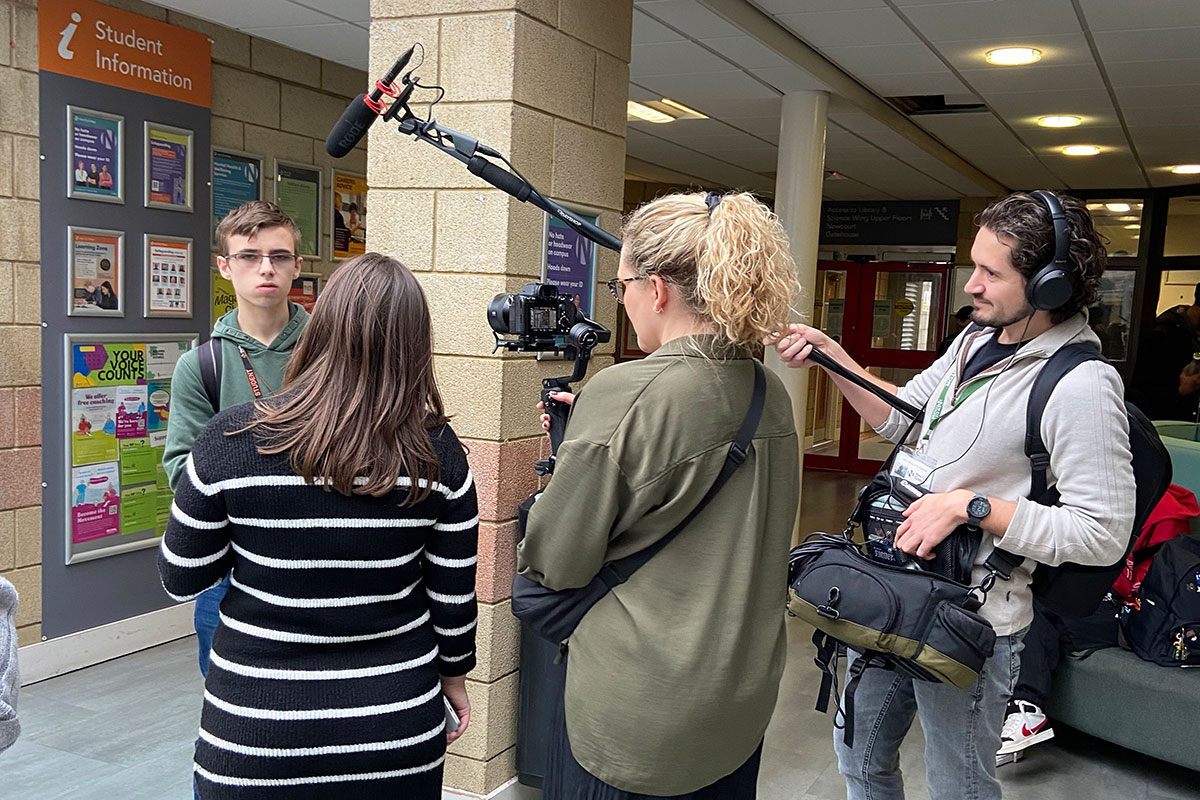Work experience for the future of education: it’s time to embrace virtual

In the ever-evolving landscape of education and work, virtual experiences are emerging as a powerful tool for educators and employers – and for connecting the two.
The power of virtual collaboration has transformed the world of work. Entire teams and even companies have chosen to go fully remote, encouraged by a thriving market of products and services designed to maximise the benefits of the virtual space.
It is time we start preparing young people for a future of work less constrained by geographical boundaries – beginning with virtual work experience. Virtual programmes can grant students a new level of flexibility and the opportunity to engage in meaningful work from anywhere with an internet connection.
Students embarking on virtual work-experience programmes will no longer be limited to an experience defined by the industries that characterise their region, their ability to travel, or their parents’ professional network – or lack thereof. Early exposure to the boundless nature of the virtual realm broadens students’ understanding of the career options available to them, enables them to connect with employers around the country and beyond, and prepares them to thrive in a hyperconnected world of work.
This flexibility also provides more opportunities for SEN students and students with additional access requirements to engage in meaningful work experience. For some students, showing up at an office across town just isn’t an option. If the world of work is adapting to be more inclusive and accessible, our students’ early exposure to that world should follow suit.
The cliche of traditional work experience is a week spent making coffee and photocopying. In the real world, technological proficiency is a fundamental requirement for the workplace. Through virtual work experience programmes, students gain hands-on experience using digital collaboration platforms, project management tools, and remote communication software. This exposure actively prepares students for the workplace and provides them with the knowledge and language to demonstrate their skills in CVs and applications.
For schools and colleges, opting for virtual work experience is a time and cost-effective solution with a host of added benefits – helping to meet Ofsted requirements and Gatsby Benchmarks being one. By incorporating virtual placements into the curriculum, educational institutions can broaden their network of industry partners, connecting students with a diverse selection of industries and companies, all while fostering long-time partnerships and enhancing their institution’s reputation.
When done right, virtual work experience is more than an alternative to the traditional, in-person model. The hundo virtual work experience programme augments existing curriculums and allows students to implement their skills and knowledge in a real-world environment, with tangible, even commercial, outcomes. Virtual work experience is revolutionising the education-to-employment journey. hundo’s message to schools and colleges who want to proactively prepare students for the demands of a digital-first workplace, and in turn strengthen their networks and reputation – it’s time to get on board.
Find out more at hundo.xyz.











Responses